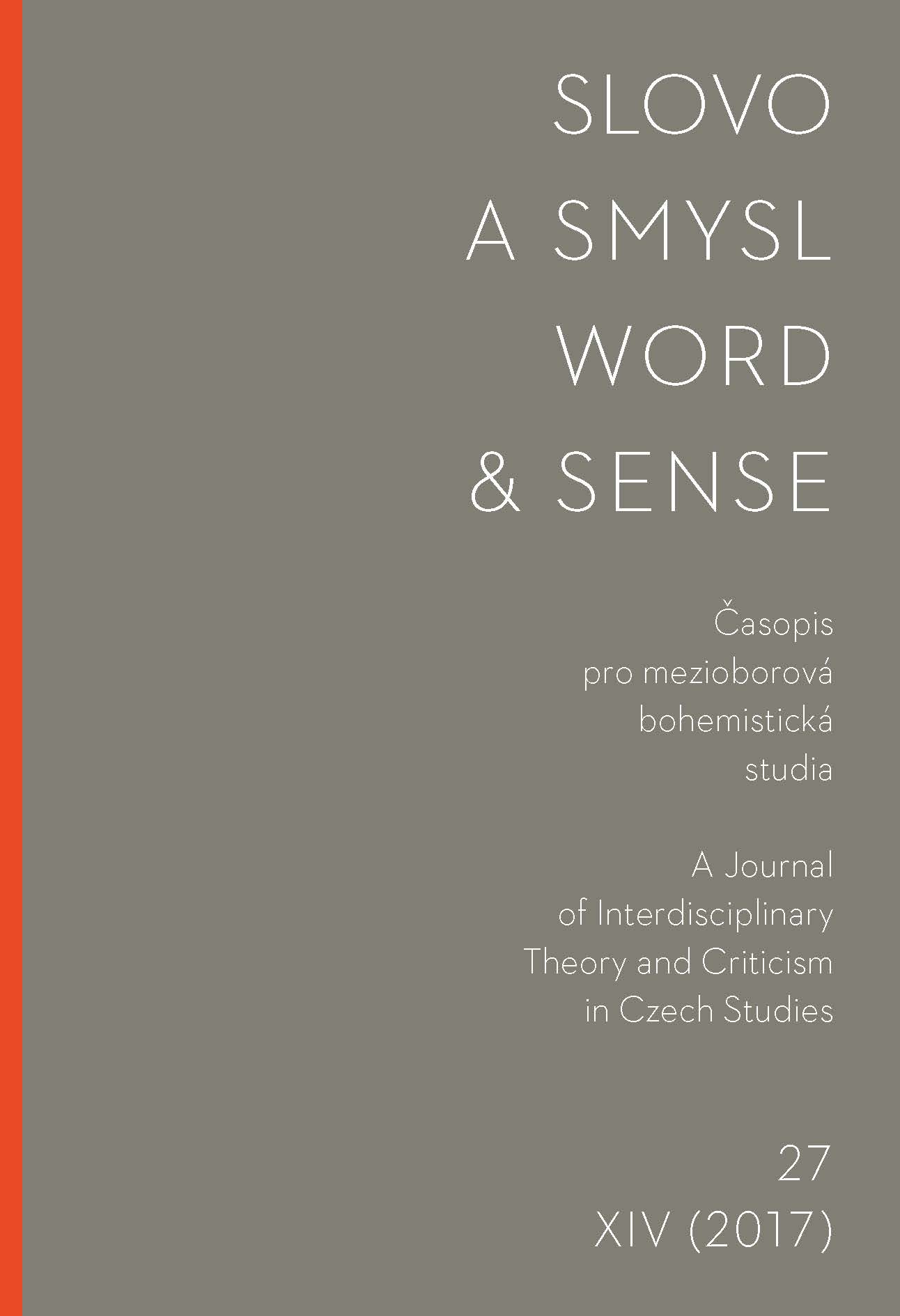Zemětřesení v textu a otřesení smyslu: literatura 19. století jako hermeneutický problém
A Textual Earthquake and Meaning Shaken: 19th-Century Literature as a Hermeneutic Problem
Author(s): Josef VojvodíkSubject(s): Language and Literature Studies, Studies of Literature, Hermeneutics
Published by: Univerzita Karlova v Praze - Filozofická fakulta, Vydavatelství
Keywords: teleology of history; modernity; temporality; shaken meaning; hermeneutics; image; frame; national awakening;
Summary/Abstract: With the real earthquake in Lisboa, 1755, as well as the revolutionary ones in France and the shocksof the Napoleonic wars, the model of a temporally linear development of modernity, with ‘Progress’as its universal goal, was shaken; and beyond the impact on Enlightenment rationality and philosophy of reason, it affected all assumed meaning of history, knowledge, and apparent certainties.This ‘state of crisis’ induced Heinrich von Kleist first to his novella The Earthquake in Chile (Das Erdbeben in Chili, 1806/1807) and then to suicide, whereas F. D. E. Schleiermacher responded with histheory of modern hermeneutics as a synthesis of the individual and the general. Building on HanaŠmahelová’s V síti dějin literatury národního obrození (2011), the paper focuses on the model of temporalisation of historical processes and in particular the ‘event of national reawakening’ as part of the‘project of modernization’.With the real earthquake in Lisboa, 1755, as well as the revolutionary ones in France and the shocksof the Napoleonic wars, the model of a temporally linear development of modernity, with ‘Progress’as its universal goal, was shaken; and beyond the impact on Enlightenment rationality and philosophy of reason, it affected all assumed meaning of history, knowledge, and apparent certainties.This ‘state of crisis’ induced Heinrich von Kleist first to his novella The Earthquake in Chile (Das Erdbeben in Chili, 1806/1807) and then to suicide, whereas F. D. E. Schleiermacher responded with histheory of modern hermeneutics as a synthesis of the individual and the general. Building on HanaŠmahelová’s V síti dějin literatury národního obrození (2011), the paper focuses on the model of temporalisation of historical processes and in particular the ‘event of national reawakening’ as part of the‘project of modernization’.
Journal: Slovo a smysl
- Issue Year: 14/2017
- Issue No: 27
- Page Range: 13-18
- Page Count: 6
- Language: Czech

